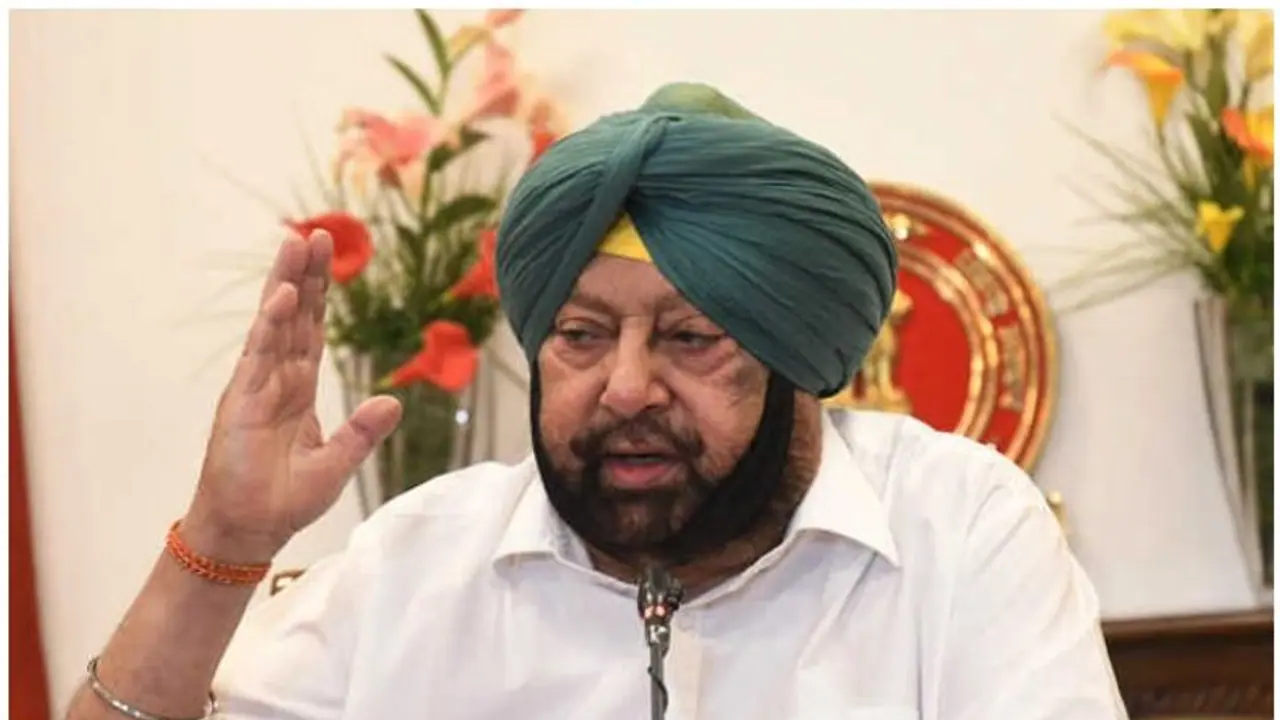The Punjab government allowed production of quality seed potato through tissue culture-based technology, using aeroponics/net house facilities, along with the certification of seed potato and its successive generations to boost income of farmers
Bengaluru: The Punjab government allowed production of quality seed potato through tissue culture-based technology, using aeroponics/net house facilities, along with the certification of seed potato and its successive generations to boost income of farmers.
The state cabinet, at a meeting chaired by Chief Minister Amarinder Singh on Wednesday, approved the Punjab Tissue Culture Based Seed Potato Bill, 2020, to meet the demand of potato farmers for quality seed potato, and enable the development of the state as export hub for seed potato in the country, an official release said here.
The move would also help incentivise potato production, leading to greater diversification by bringing more area under potato crop cultivation, the release said. Currently, potato crop is grown across an approximate area of one lakh hectares in the state, generating demand of 4 lakh tonnes of quality seed potato.
The Cabinet also gave approval to notify the Rules of the Punjab Slum Dwellers (Proprietary Rights) Act 2020 for the purpose of giving proprietary rights of land to slum dwellers, thus ensuring basic amenities for them. In another decision, the cabinet approved a State Employment Plan 2020-22, to fill vacant jobs in government departments, boards, corporations and agencies in a phased time-bound manner.
The recruitment will be done on central government pay scales, in line with the earlier cabinet decision to this effect. To ensure regular de-silting of major rivers and reduce flood intensity in the state, the Punjab government has decided to make such de-silting part of the contracts allotted for mining blocks, the release said.
The major rivers where de-silting will be carried out as part of the amended contracts are Sutlej, Beas and Ravi, besides seasonal rivulets Ghaggar and Chakki. In a bid to confer proprietary rights upon certain categories of persons in occupation of agrarian land in the state, the cabinet approved 'The Punjab Bhondedar, Butemar, Dohlidar, Insar Miadi, Mukarraridar, Mundhimar, Panahi Qadeem, Saunjidar, or Taraddadkar (Vesting of Proprietary Rights) Bill, 2020'.
Some 11,231 persons in these categories, currently occupying private land spread across 4,000 acres, will get the proprietary rights after payment of due compensation as per grades to be notified by the government shortly, the release said.
Meanwhile, the cabinet gave its nod to grant three months extension/re-employment to doctors and medical specialists from October 1, 2020 to December 31, 2020, in view of the COVID-19 crisis. The Cabinet also approved amendments to the Punjab Health and Family Welfare Technical (Group-C) Service Rules, 2016, for reduction in the prescribed promotional quota, from 25 per cent to 10 per cent for the post of staff nurse and in the sanctioned permanent 4,216 posts of staff nurse to 3,577.
This will help provide employment opportunities to eligible candidates through direct recruitment against the vacant posts of staff nurse, the release said. In a step towards further empowerment of women, the government has opted for 33 per cent reservation for women at the direct recruitment in the Punjab Civil Services.
The state cabinet also approved the Punjab Civil Services (Reservation of Posts for Women) Rules, 2020, to provide such reservation for women for direct recruitment to posts in government, as well as recruitment to boards and corporations in Group A, B, C and D posts.
